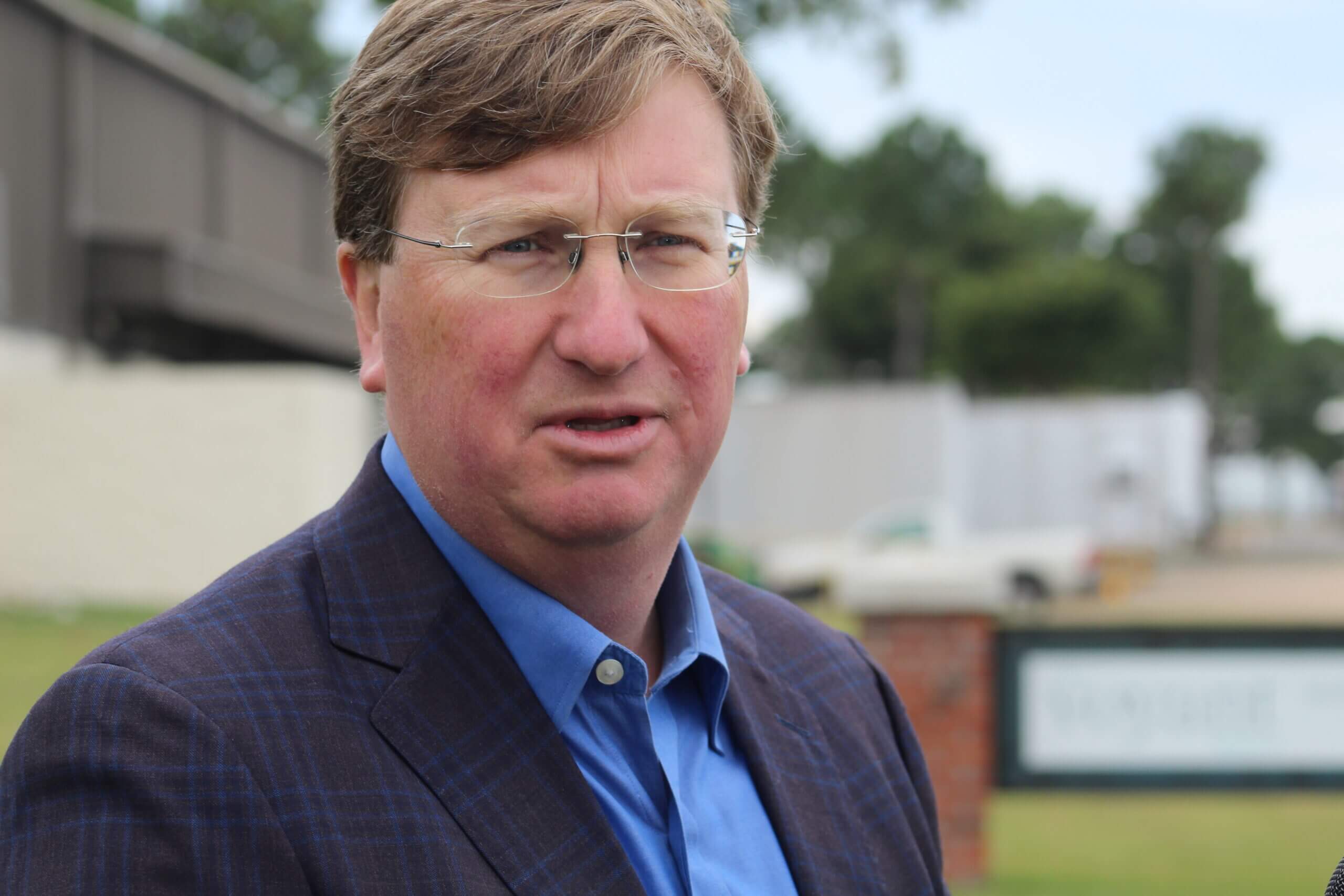Stevenson: on Medicaid expansion
Note: The following is an opinion-editorial article on issues in the Mississippi Legislature, offered and written by Jon Stevenson, a DeSoto County resident and businessman. The article reflects Stevenson’s opinion and not necessarily that of this publication.
By Jon Stevenson
On Thursday this week Lt. Governor Delbert Hosemann announced that he is pushing a bill to expand Medicaid to cover 230,000 primarily poor adults in the State of Mississippi. In his announcement the Lt. Governor lamented the fact that people are calling the Medicaid expansion; “Medicaid expansion” according to Mississippi Today. You know when a politician is lamenting the fact that people are calling an issue by the accurate words something is, as Shakespeare would say, “Rotten in the state of Denmark!”
Lt. Governor Hosemann stated that one of the primary rationales for expanding Medicaid, beyond providing health insurance, would be to increase Mississippi’s dismal Labor Force Participation Rate by including a work requirement for the Medicaid expansion. The Lt. Governor is basically saying that Medicaid expansion would be a significant driver to increase our labor rate and that the addition of an estimated $385 million per year in State Government spending is necessary to drive that increase. $385 million being the estimated annual cost by experts once the program is in place and scales up.
I thought that one of the best comparisons for the ability of Medicaid to increase Labor participation rates would be to compare Mississippi to two other States with significant delta agricultural land that have already expanded Medicaid: Arkansas and Louisiana. Mississippi’s rate is 53.6%. Arkansas’ rate is 56.8% and Louisiana’s is 58.4% according to the December 2023 data from the Federal Reserve Bank of St. Louis. While both States have labor participation rates higher than Mississippi’s, they are not significantly higher but that alone does not mean that Medicaid expansion is the cause.
I also decided to also compare Mississippi’s rates to other southern states that haven’t expanded Medicaid to see if that would give me a sense that a Medicaid expansion would accomplish the Lt. Governor’s goal. Looking at Tennessee, Texas, and Georgia was eye opening. Tennessee’s rate is 59.2%, Georgia’s rate is 61.3%, and Texas’ rate is 63.9%. Each of these states that haven’t expanded Medicaid, have significantly higher labor force participation rates than Mississippi. All of them also have a higher labor force participation rate than Arkansas and Louisiana which leads me to think that something other than Medicaid expansion is driving the labor participation rate.
The only thing I came away with, from looking at the St. Louis Federal Reserve’s data is that Medicaid expansion is not the panacea that Lt. Governor Delbert Hosemann would have us believe to drive labor force participation by Mississippi’s poor. I mean if the data showed that there were significant increases in participation rates for a nearly $400 million spend annually he might have a good case for the expansion, but the data clearly shows that something else is driving labor participation rates other than access to health insurance.
We also need to remember that governing is about choosing between priorities. The state government has a lot of requests for funding that are important to both the communities that request them and the state as a whole. Our legislators, Governor and Lt. Governor have to pick and choose funding priorities and legislation that will maximize benefits to the State as a whole.
It is obvious that expanding Medicaid will help the approximately 230,000 poor people that currently would qualify for the expansion and don’t have health insurance, but what is left unsaid is that most of these people qualify for subsidized health insurance though the Affordable Care Act exchanges that would insure them for little to no money anyway. These people can afford health insurance, and they don’t have it because they have decided to not make it a priority. These people also qualify for housing assistance, food assistance, and free cellphones. Perhaps the way to increase our labor participation rate in the state is to reduce the benefits of the social safety net below the amount a job would pay these people. A work requirement on Medicaid expansion probably won’t move the needle in the decision making of the poor on whether they seek a job or not.
Our State has many needs. My County, DeSoto, has approximately $1.1 billion in critical infrastructure needs to keep it growing at the pace it has for the last 20 years. While this may sound like this is DeSoto’s problem and not the State of Mississippi’s, I would remind the readers that without DeSoto’s growth the population of the State of Mississippi would be shrinking, instead of being stable, and we are responsible for most of the State’s growth in GDP.
Conservatives, and that is what most of our State lawmakers claim to be, have traditionally brought prosperity to our State by growing the economic pie for all of its citizens: poor, rich, and middle class. Social safety net spending, while necessary at some level, does not grow that pie. It takes away from the ability of the government to spur economic growth by consuming resources. What the Lt. Governor has to decide is that the benefits of that social safety net spending is critical and worth putting off the growth benefits that other choices would bring.
The Lt. Governor has put forward labor participation as a rationale for Medicaid expansion, others have used the rationale that stabilizing rural hospital finances is a primary reason for expansion even though Arkansas and Louisiana’s rural hospitals are in as bad financial shape as ours. The reality is that the Medicaid expansion won’t help labor force participation rates and we know that it won’t help stabilize rural hospital finances. We also know that the Medicaid spending that he has proposed will take away resources from choices that will bring the state economic growth and prosperity. So the question is why does the Lt. Governor believe that this Medicaid spending is critical? That’s the real question because his stated reasons don’t hold water.
Jon Stevenson






